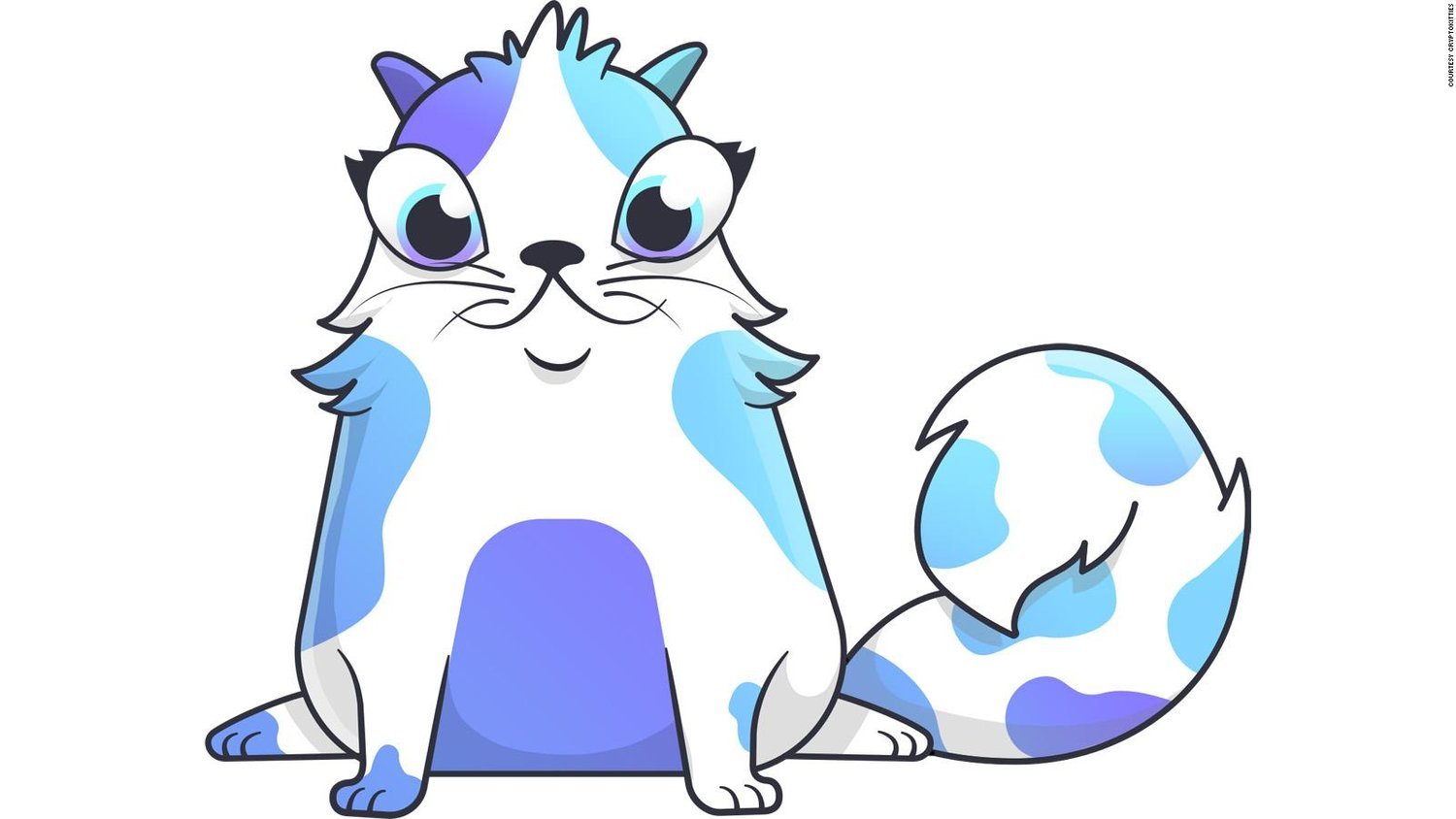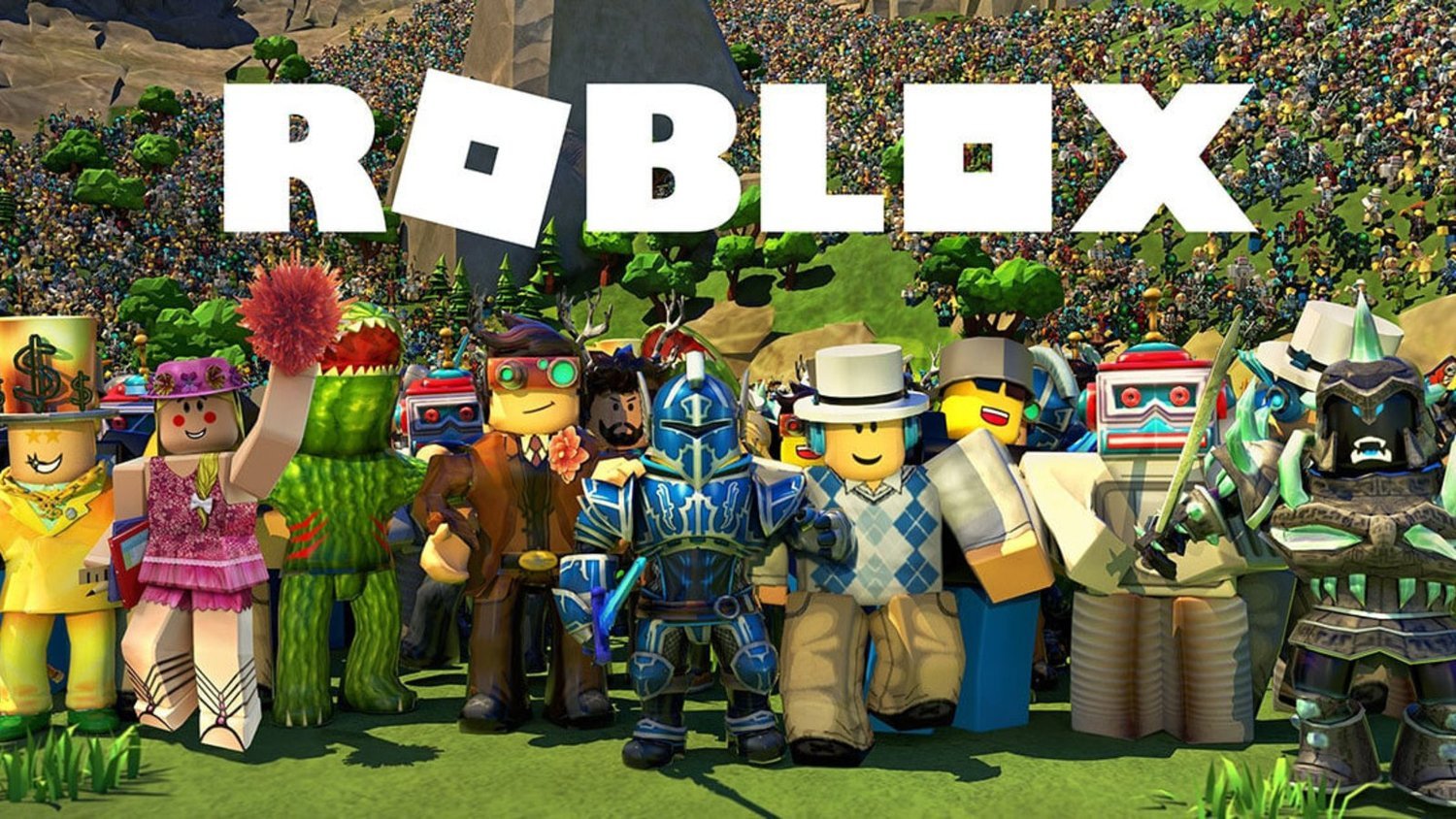Crypto Games Need to Be, You Know, Fun. Daniel Paez and World Spark Studios Are Here for Just That
Making crypto games fun isn’t as easy as it sounds but Daniel Paez and World Spark Studios are doing all they can to move away from the play-to-earn borefest

photo of Daniel Paez
When Daniel Paez turned six, he got a Nintendo console for his birthday, and has been into gaming ever since.
“I remember falling in love with Super Mario: The Legend of Seven Stars,” he said. When he grew older and got his first PC, he was interested in strategy games like Warcraft and Defense of the Ancients. Little did he know that a few years later he would be working for the big studios creating these same type of games.
He began as the pricing manager for Blizzard Entertainment, most famous for World of Warcraft, then transitioned to the finance team of Activision, the creator of Call of Duty. Throughout the years, Paez had a front-row seat in the players’ behavior and psychology, garnering insights and statistics on the multi-billion dollar market. But he wanted a new challenge.
Today, Paez is the director of monetization and game economy at Worldspark Studios, a blockchain games startup that just announced its first release. Before dabbling in the blockchain space, Paez never traded crypto or owned NFTs, but he was following the small niche market as it went on to become massive.
“There was so much technological innovation and money pouring into blockchain gaming technology, but nobody knew what to do,” he said.
In fact, Paez believes that early iterations of blockchain games are “examples of what not to do.”
Read more: GameFi DAO Play It Forward Wants to Help Underserved South East Asians Go All In on Play to Earn Dapps
The core difference between traditional and blockchain games, also known as crypto games or NFT games, promises players ownership of their earned or bought assets compared to traditional games. It allows them to sell or rent assets across games as they are unable to do with centralized games.
“The first generation of these games were designed by blockchain developers gamifying trading, rather than developers creating exciting games,” Paez said.
The games were very simplistic and not too engaging. The motto was “play-to-earn,” and it became clear that profit was the main goal rather than enjoyment.
Here kitty, kitty
It all started in 2017 with CryptoKitties, an Ethereum-based game where players collect cat NFTs, breed them to create new ones, and trade them among themselves. One CryptoKittie sold for $100,000, and investors clamped into the space.
Enter Axie Infinity in 2018. It is a simple game in which players battle each other using their electronic pets, known as Axies, which are also tradable NFTs. Game tokens rose several thousand percent, and it was a feast.
Last year, Andreessen Horowitz (A16Z) alone rolled out $600 million to blockchain gaming. Other venture capital firms are pledging millions, while some crypto games raise hundreds of thousands of dollars through crowdfunding platforms like Kickstarter.
But the model has not been proven successful so far.
It’s Not All fun and Games
Investors created “gaming guilds,” an arrangement in which they buy the rarest and most valuable NFTs and rent them to players, called “scholars,” in exchange for a cut of the profits.
Players from developing countries, like the Philippines and Nigeria, could earn more than the minimum wage by committing to playing the games daily.
Very quickly, the flaws appeared. Since profit is the primary motivation for playing the game, investors need to cash out once their investments appreciate. Their exit crashes the market, especially when it is saturated and no new players come in to provide liquidity.
“It created an investment-based economy, as opposed to a consumption-based economy,” Paez said. “It doesn’t work.”
Several games went through cycles of boom and bust and then lost their momentum. Others ceased operation when the crypto market crashed and prices dropped. For World Spark Studio, Paez is positioning the model to be crypto-recession proof.
Their first game is Edenbrawl, and its trailer suggests it is a fun-to-play MOBA, or multiplayer online batter arena game.
Players try to dunk a ball and score while wielding various weapons against the rival team. [[Editor’s note: DeCential’s in-house 10-year-old gaming expert declared Edenbrawl to not look like any other game he plays, maybe a bit like Roblox or snowball.io, but not really. He wants to play it.]
The trailer features gameplay and upgrades and invites players to a Discord channel. It intentionally leaves out an important detail- Edenbrawl offers a blockchain market where players can own and trade in-game weapons and items in the form of NFTs.
“When traditional gamers come to play, they’ll have no idea it has a chain technology,” said Paez. Edenbrawl started five years ago as an independent game with no blockchain component.
Building a Fair Market
The studio’s vision is to build a virtual arcade called Sparkadia, in which players can enter, meet their friends, and choose different games to play. Edenbrawl is the flagship game in development, but more games are in the pipeline.
Assets and characters within Sparkadia are interoperable, incentivizing gamers to hold them. Most crypto games require players to connect their wallets and buy NFTs to start playing. Edenbrawl allows players a regular sign-up process by creating a Sparkadia account and may completely ignore the blockchain aspect.
Players can play for free, enjoy the game, and win free cosmetic rewards, like new skins or power boosts. Connecting to the blockchain allows them to win rare elements and items and move their assets or trade them. However, the game economics and mechanics randomize the rewards and do not guarantee high-end items every month.
It’s challenging for investors and play-to-earn scholars to get invested in a game where they can't guarantee a minimum return. And that’s fine by Paez.
Roblox made $1.9 billion in revenue in 2021, double the total in 2020
“This creates a huge disincentive for players purely motivated by earnings,” Paez said. “We don't want people building businesses around our games.”
Aside from building a business, Paez believes blockchain is a possible solution to many players’ needs. Most traditional games ban players from selling in-game items for real money or transferring ownership of a player’s account.
Some new players may want to skip the many hours needed to acquire powerful weapons or skills to enjoy the game entirely. As a result, black markets form, where some players specialize in building powerful characters, then selling them for real money. Game studios consider this a breach of terms of service and can disable traded accounts.
Also, “Big game studios optimize everything to North American gamers, then apply it globally,” he explained.
Prices target American players, with little regard to players from Korea or the Middle East. Promotional plans follow the calendar, targeting Christmas or Thanksgiving, without considering local holidays in Asia or Africa.
Paez thinks blockchain can create a transparent market where players trust their items won't be confiscated and prices are determined by supply and demand.
The Road Ahead
If blockchain gaming can genuinely work and become profitable and sustainable, why don’t traditional games, which already have billions of players, employ blockchain technology?
“I know the answer to this question because I used to work for them,” Paez laughed.
“Once a big studio has a cash cow, most of their iterations go to optimizing it, as opposed to betting on higher-risk projects,” he said.
With a lower risk appetite from big studios, Paez predicts they may acquire successful blockchain gaming studios in the future rather than building them.
Sparkadia is planning an NFT sale to gauge users’ interest soon, with a tentative launch date of mid-2023.
The studio is still contemplating allowing full trading accounts. It needs to strike a delicate balance and ensure no NFT grants a player an overpowering advantage or ruins the experience of regular players. It doesn't only need to succeed. It must redefine success and make a delightful game desired for something more than its token price.
Paez says the studio thinks ahead to plan for worst-case scenarios: what if the U.S. Securities and Exchange Commission banned all blockchain gaming, tokens, and NFTs? What if the market crashed? Will the game still exist and thrive?
“The answer is yes,” he asserted.


